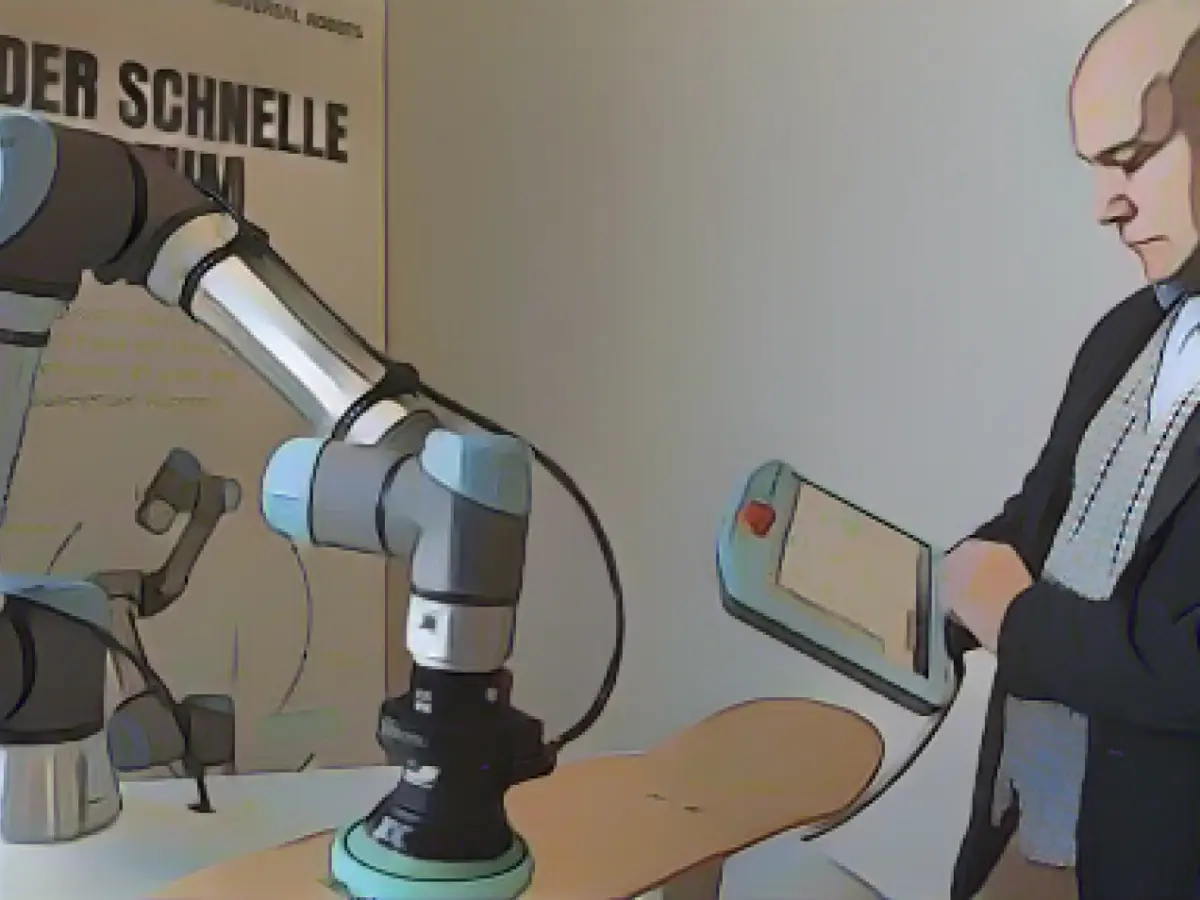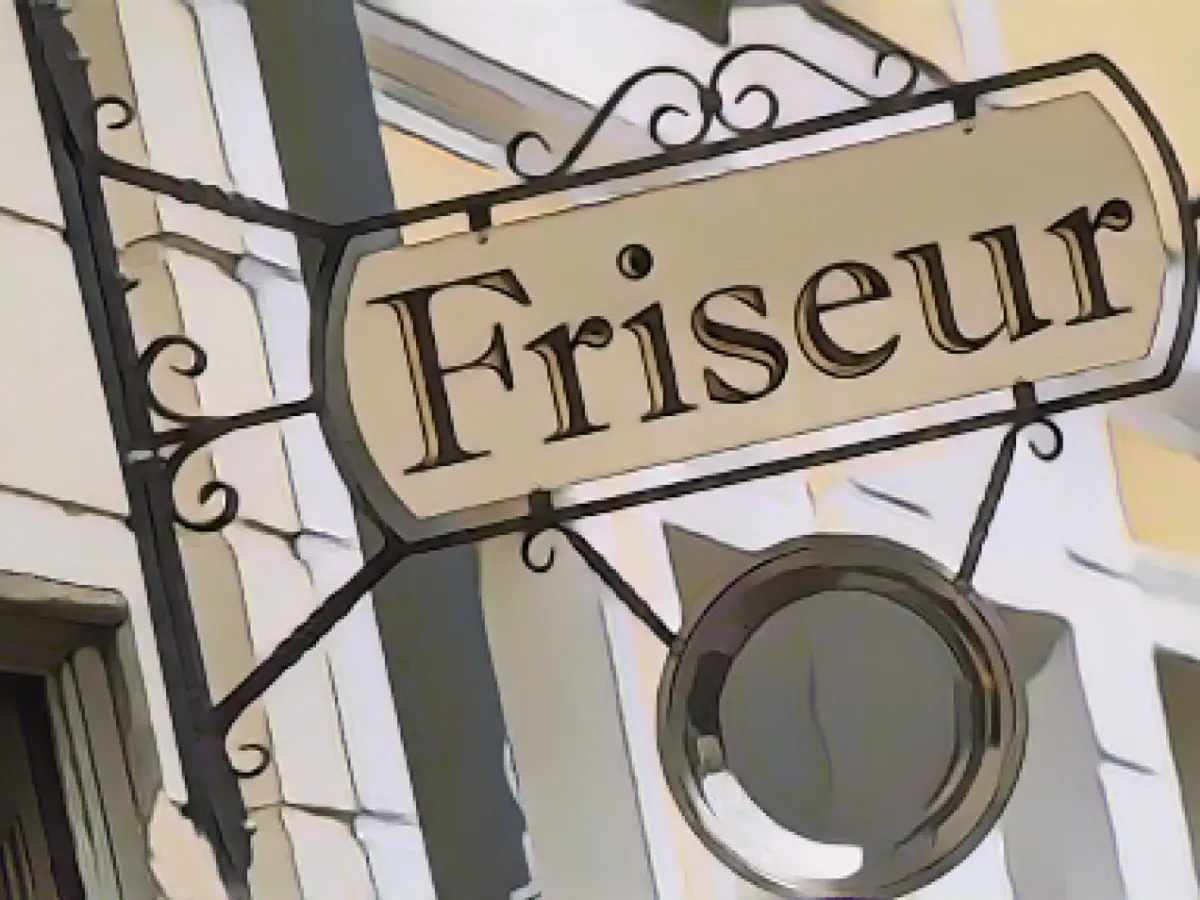Crafting in Thuringia's Workshops Gets a Robot Boost
The small and medium-sized craft businesses in Thuringia are embracing the future with open arms. Robots are no longer a distant dream, but an integral part of their workshops. The Erfurt Chamber of Crafts' vision is to see robots becoming a staple in training programs, more than ever before.
Through its competence center, the chamber aims to blend robotics and sensor technology into the advanced education of electricians, metalworkers, and painters and varnishers. This integration marks a historic milestone in the skilled trades sector, as Erfurt becomes the first location in Germany to establish such a competence center.
In the near future, the Erfurt Chamber of Crafts plans to roll out a "robotics specialist" course. The goal is to foster an army of dedicated and skilled workers, able to program and commission robots for various trades. This course is designed to capture the interest of the younger generation, who will carry forward the vision of a tech-savvy crafts industry.
At the heart of this revolution are collaborative robots, or cobots, designed to work alongside humans without the need for protective barriers. These cobots offer small craft shops an opportunity to incorporate advanced technology, even on a modest budget. The project team at the competence center in Erfurt will enjoy financial backing from the Federal Ministry of Economics until October 2026, ensuring they can provide a strong foundation for this new wave of technology.
Beyond the Headlines
The renovation of Thuringia's workshops also involves a thorough reevaluation of the traditional dual vocational training system. This approach combines theoretical instruction with practical hands-on experience, ensuring that trainees develop a strong foundation in both automation technology and relevant trade skills.
As robots and sensor technology become more prevalent, the demand for specialists who can program and integrate these advanced systems only grows. Electronics technicians specialized in automation technology can meet this need by mastering the intricacies of control systems, which rely on PLCs (Programmable Logic Controllers). They can then contribute to a more streamlined and efficient thriving crafts industry.
Modern and adaptive learning programs enable these specialists to utilize advanced simulation tools and industry-specific simulations, which allow them to develop and test automation programs in a virtual environment, before implementing them in real-life factories and workshops.
Cybersecurity training is also woven into these advanced curricula, ensuring that these experts can safeguard the newly integrated technology against digital threats. With these comprehensive skills, executives, engineers, and technicians can skillfully navigate the modernization of their crafts industry.
A Glance at the Sources
This revised article draws inspiration from for the base article. However, it presents the information in a refreshing and alternative manner, integrating insights from the enrichment data for depth and originality. These insights serve to enhance the original article by offering context and background information, ultimately enriching the overall content.






